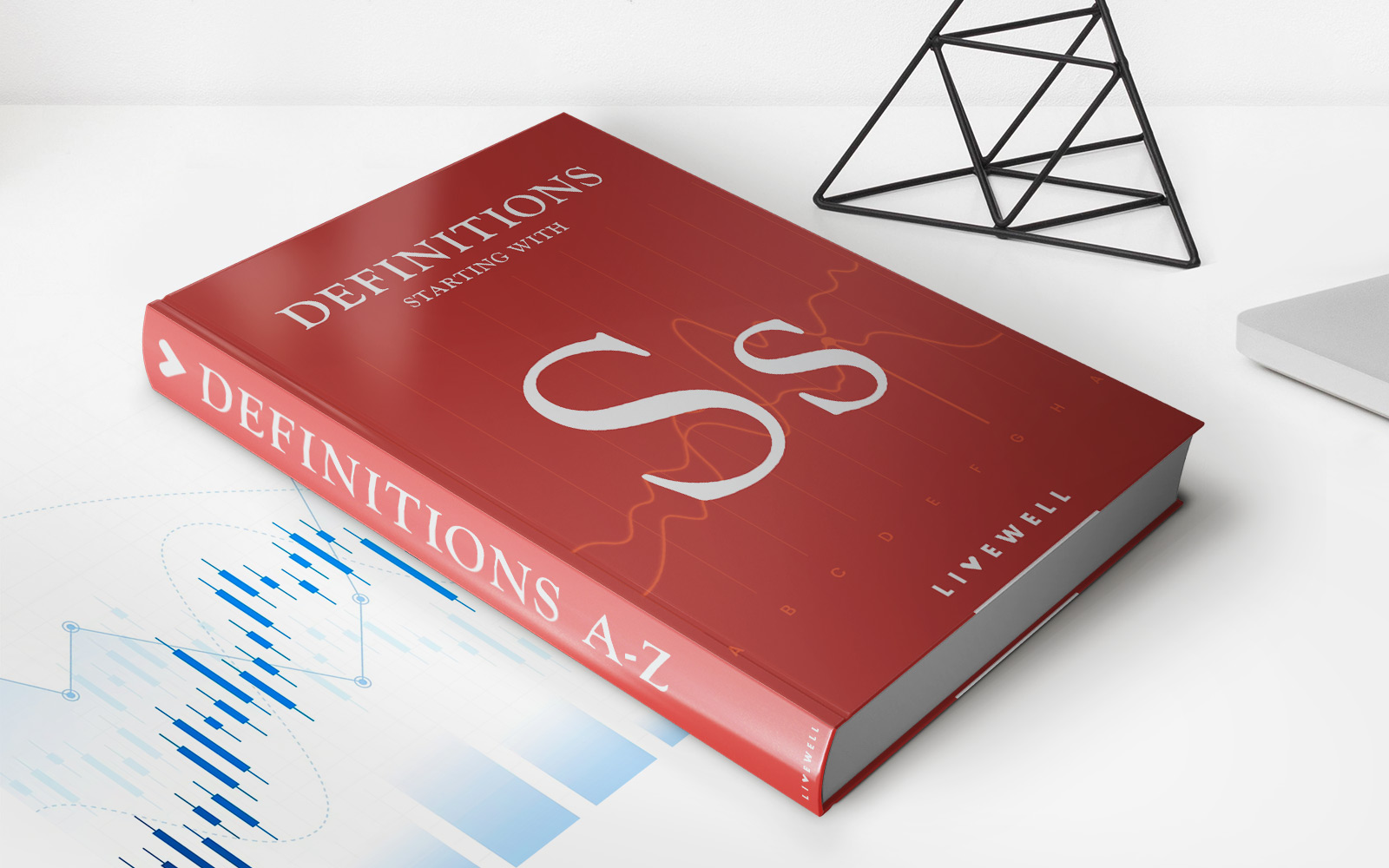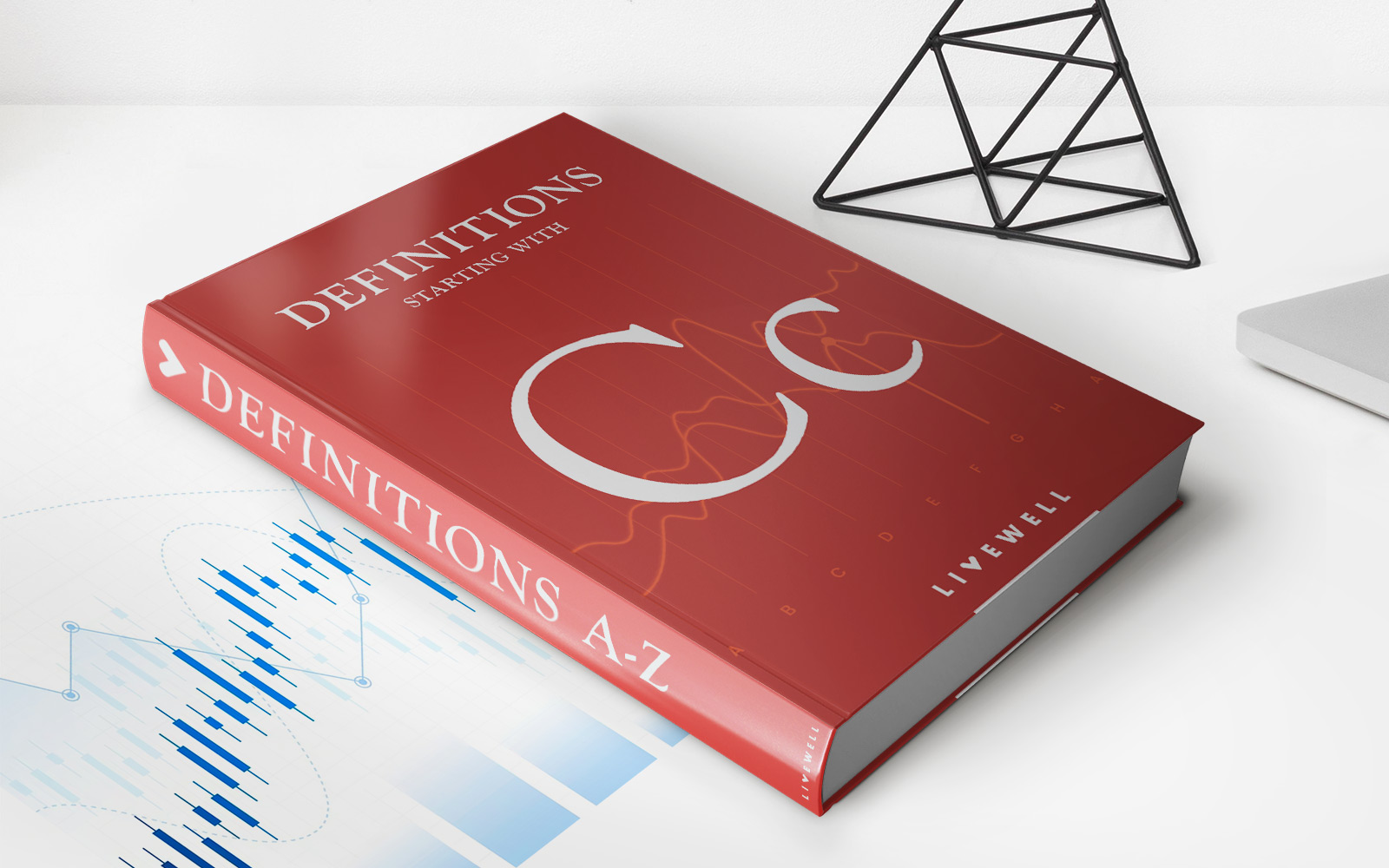

Finance
What Happens To Stocks When Someone Dies
Published: January 18, 2024
Discover what happens to stocks in the event of someone's death and how it affects your finances. Gain insight into the financial implications and planning considerations in this informative article.
(Many of the links in this article redirect to a specific reviewed product. Your purchase of these products through affiliate links helps to generate commission for LiveWell, at no extra cost. Learn more)
Table of Contents
Introduction
Investing in stocks is a popular way to grow wealth and secure a solid financial future. However, life is unpredictable, and eventually, everyone will face the inevitable reality of death. This raises an important question: what happens to stocks when someone dies?
When an individual passes away, their stocks become part of their estate. The handling of those stocks depends on a variety of factors, including the deceased person’s estate planning, the type of ownership, and the beneficiaries involved. Understanding the impact of a stockholder’s death on stocks is crucial for investors and their families.
In this article, we will explore the transfer of ownership process, the significance of estate planning for stock portfolios, and the potential effects on the stock market when an investor passes away.
It is important to note that the information provided here is intended as a general guideline and is not legal or financial advice. Seek the counsel of a qualified professional to address your specific situation.
The Impact of a Stockholder’s Death on Stocks
When a stockholder passes away, it has various implications for the stocks they own. The handling of these stocks depends on several factors, including the individual’s estate planning, the type of ownership, and the beneficiaries involved.
One of the key considerations is whether the stocks are held in individual ownership or joint ownership. If the stocks are held solely in the deceased person’s name, they become part of their estate. In this case, the stocks will be distributed according to their will or the laws of intestacy if there is no will. The process of transferring ownership can be complex and may involve probate, which can delay the distribution of assets.
If the stocks are held jointly with a spouse, they typically pass automatically to the surviving spouse. Jointly held stocks usually have right of survivorship, which means that when one owner dies, their share automatically transfers to the surviving owner.
Another scenario is when the stocks are held in a trust. A trust allows for the smooth and efficient transfer of assets upon death, avoiding the need for probate. The stocks in a trust will be distributed according to the instructions outlined in the trust document.
Additionally, it’s important to consider whether the stockholder had designated beneficiaries for their stocks. Many brokerage accounts and investment platforms allow for the naming of beneficiaries. In such cases, the stocks will pass directly to the designated beneficiaries, bypassing the probate process.
It’s worth noting that the impact of a stockholder’s death on stocks is not limited to the transfer of ownership. The value of the stocks may also be affected by market conditions and investor sentiment. When a prominent investor or shareholder passes away, it can generate uncertainty and potential market volatility. This is especially true if the stockholder held a significant amount of shares in a particular company.
Furthermore, the disposition of stocks after a stockholder’s death could have tax implications. Beneficiaries who inherit stocks may be subject to capital gains tax if they decide to sell the stocks at a later date. Estate tax may also apply, depending on the size of the overall estate.
Overall, the impact of a stockholder’s death on stocks is multi-faceted. The transfer of ownership, the type of ownership, and the presence of beneficiaries all play a role in determining how the stocks will be handled. It is crucial for individuals to have a solid estate plan in place to ensure a smooth transition of their stock portfolios to their chosen beneficiaries.
Transfer of Ownership
When a stockholder passes away, the transfer of ownership for their stocks depends on several factors, including the type of ownership and the presence of beneficiaries. The handling of these stocks can involve probate, joint ownership provisions, or the instructions outlined in a trust document.
If the stocks are held solely in the deceased person’s name, they become part of their estate. In this case, the stocks will go through the probate process, which is a legal procedure for validating the deceased person’s will and distributing their assets. The probate court oversees the transfer of ownership and ensures that the deceased person’s wishes, as expressed in their will, are carried out.
During the probate process, the court will identify the stocks as part of the estate and determine their value at the time of the stockholder’s death. This valuation is crucial for calculating any applicable estate taxes. Once the probate process is complete, the stocks will be distributed according to the instructions outlined in the will or, if there is no will, according to the laws of intestacy.
On the other hand, if the stocks are held jointly with a spouse, they usually pass automatically to the surviving spouse through the right of survivorship. This means that when one owner dies, their share of the stocks transfers to the surviving owner without going through probate. The surviving spouse becomes the sole owner of the stocks and can choose to retain or sell them as they see fit.
Another option for transferring ownership is through the use of a trust. A trust is a legal entity created to hold and manage assets for the benefit of the designated beneficiaries. When stocks are held in a trust, they are not considered part of the individual’s estate and therefore do not go through probate. Instead, the instructions outlined in the trust document govern the transfer of ownership.
With a trust, the stocks can be seamlessly transferred to the beneficiaries without the need for court intervention. This can provide a more efficient and private transfer process, avoiding potential delays and expenses associated with probate.
It’s important to note that the transfer of ownership for stocks after a stockholder’s death can be a complex and legally involved process. It is recommended to consult with a qualified attorney or financial advisor who specializes in estate planning to ensure that the transfer of ownership is carried out smoothly and in accordance with the stockholder’s wishes.
Estate Planning and Stock Portfolios
When it comes to managing stock portfolios, estate planning plays a crucial role in ensuring a smooth transition of assets after a stockholder’s death. Through proper estate planning, individuals can specify their wishes regarding the distribution of their stocks and minimize potential conflicts among heirs.
One of the key elements of estate planning is creating a comprehensive will. The will outlines how the stockholder’s assets, including their stock portfolios, should be distributed upon their death. It allows individuals to designate specific beneficiaries for their stocks and specify the percentage or quantity of stocks each beneficiary should receive.
It’s important for stockholders to regularly review and update their wills to reflect any changes in their stock portfolios or personal circumstances. This ensures that their wishes are accurately reflected and that the distribution of stocks aligns with their current intentions.
Furthermore, stockholders can utilize other estate planning tools, such as trusts, to manage their stock portfolios. By placing their stocks in a trust, individuals can maintain control over the assets while providing for the seamless transfer of ownership upon their death. Trusts also offer additional benefits, such as asset protection, privacy, and potential tax advantages.
In addition to a will and trusts, stockholders should consider designating beneficiaries for their brokerage accounts and investment platforms. Many financial institutions allow account holders to name beneficiaries who will inherit the assets in the account upon the account holder’s death. By naming beneficiaries, stockholders can ensure that their stocks pass directly to the intended individuals, bypassing the probate process.
Proper estate planning for stock portfolios also involves considering the potential tax implications. Depending on the jurisdiction and the size of the overall estate, the transfer of stocks may be subject to estate taxes and capital gains taxes for the beneficiaries. Consulting with a tax professional can help navigate these tax implications and develop strategies to minimize tax liabilities.
It is essential for stockholders to proactively engage in estate planning to protect their stock portfolios and ensure a smooth and orderly transfer of ownership. By creating a comprehensive estate plan that addresses their unique circumstances and goals, stockholders can have peace of mind knowing that their stocks will be managed according to their wishes and their loved ones will be provided for.
Effects on the Stock Market
The death of a prominent stockholder can have various effects on the stock market, both in the short term and the long term. When a well-known investor or shareholder passes away, it can create ripples of uncertainty and potentially impact the market sentiment in several ways.
Firstly, the death of a significant investor can create a sense of uncertainty among other investors and market participants. Investors may be concerned about potential changes in the direction or strategy of the company in which the deceased stockholder held a substantial stake. This uncertainty can lead to heightened volatility as investors make decisions based on the perceived impact of the stockholder’s absence.
Secondly, the death of a stockholder can trigger potential changes in the ownership structure of a company. If the deceased stockholder held a significant position, the transfer of their shares to new owners can result in a redistribution of voting power and decision-making authority within the company. This change in ownership dynamics can lead to strategic shifts, management changes, or even potential corporate actions.
Thirdly, the news of a prominent investor’s death can attract media attention and increase public interest in the stock and the company associated with the deceased individual. This heightened attention may result in increased trading volume and price fluctuations as investors react to the news and reassess the stock’s value based on new information or perceptions about the future direction of the company.
However, it’s important to note that the impact on the stock market following a stockholder’s death is not always negative. In some cases, the passing of a prominent investor may trigger an outpouring of support and confidence from other market participants who believe in the long-term prospects of the company. This can result in a rally in the stock price as investors express their belief in the company’s fundamentals and its ability to navigate the transition in ownership.
Ultimately, the effects of a stockholder’s death on the stock market are influenced by a combination of factors, including the individual’s prominence, the size of their stake, and the perception of their influence on the company’s success. The market reaction can be unpredictable and may vary depending on the specific circumstances surrounding the stockholder’s death and the overall market conditions at that time.
It’s important for investors to be aware of the potential effects on the stock market following the death of a prominent stockholder. By closely monitoring market trends and staying informed, investors can make more informed decisions based on the evolving dynamics and sentiment in the market.
Conclusion
Understanding what happens to stocks when someone dies is essential for investors and their families. The impact of a stockholder’s death on stocks depends on factors such as the type of ownership, presence of beneficiaries, and estate planning strategies in place. Proper estate planning, including creating a comprehensive will, utilizing trusts, and naming beneficiaries, can help ensure a smooth transfer of ownership and minimize potential conflicts.
The transfer of ownership for stocks can involve probate, joint ownership provisions, or the instructions outlined in a trust document. The probate process may introduce delays and expenses, while joint ownership and trusts offer more streamlined methods of transferring stocks upon death.
Estate planning plays a crucial role in managing stock portfolios. By creating a solid estate plan, individuals can specify their wishes for the distribution of their stocks, minimize conflicts among heirs, and potentially reduce tax liabilities. Regularly reviewing and updating the estate plan is important to reflect any changes in the stock portfolio or personal circumstances.
On the stock market front, the death of a prominent stockholder can create uncertainty and potential volatility. Investors may be concerned about the future direction of the company and changes in ownership dynamics. However, the impact can vary, and in some cases, the event may generate support and confidence in the company’s long-term prospects.
In conclusion, it is crucial for stockholders to engage in proactive estate planning to protect their stock portfolios, ensure a smooth transfer of ownership, and provide for their loved ones. Consulting with legal and financial professionals to develop a comprehensive estate plan tailored to individual circumstances is highly recommended. By taking the necessary steps, investors can have peace of mind, knowing that their stocks and assets will be handled according to their wishes, benefiting future generations.














